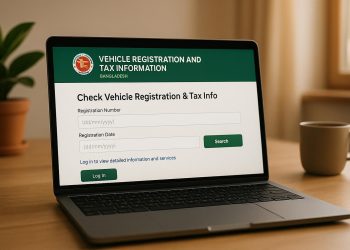Bangladesh, known for its vibrant culture, bustling markets, and thriving textile industry, is now setting its sights on a new horizon – the automobile industry. Over the past few years, the country has witnessed significant growth in this sector, with both domestic and international players making substantial investments. We will delve into the factors driving the future of the automobile industry in Bangladesh and what lies ahead.
Economic Growth and Rising Middle-Class
One of the key drivers of the automobile industry in Bangladesh is the country’s robust economic growth. With a burgeoning middle-class population, there is a growing demand for personal vehicles. As disposable income levels rise, more individuals aspire to own cars for convenience and mobility, leading to a steady increase in car sales.
Government Initiatives and Policy Support
The Bangladeshi government has been proactive in supporting the growth of the automobile industry. Policies such as reducing import duties on automobile components and promoting sector investments have encouraged local and international manufacturers to establish production facilities within the country. These initiatives aim to reduce the dependence on imported vehicles and enable domestic manufacturing.
Investment from International Automakers
Leading international automakers have recognized Bangladesh’s potential as an emerging market. Companies like Toyota, Honda, and Hyundai have set up manufacturing plants in the country, producing cars tailored to the local market’s needs. This boosts the domestic industry and contributes to job creation and technology transfer.
Infrastructure Development
The expansion of road networks and the improvement of transportation infrastructure are facilitating the growth of the automobile industry. Better roads and highways are reducing commute times and making it more convenient for people to own and use cars. This development, coupled with the rise of ride-sharing services, is further increasing the demand for automobiles.
Green Initiatives and Electric Vehicles
As the world embraces sustainability, Bangladesh is no exception. The government is encouraging the adoption of electric vehicles (EVs) to reduce carbon emissions and combat air pollution. Local companies are partnering with global EV manufacturers to produce electric cars and charging infrastructure, paving the way for a greener future in the automobile industry.
Conclusion
Bangladesh’s future in the automobile industry looks promising, driven by factors such as economic growth, government support, international investments, improved infrastructure, and a shift towards green technologies. As the country continues to develop, its automotive sector is poised to play a vital role in shaping its mobility landscape.




